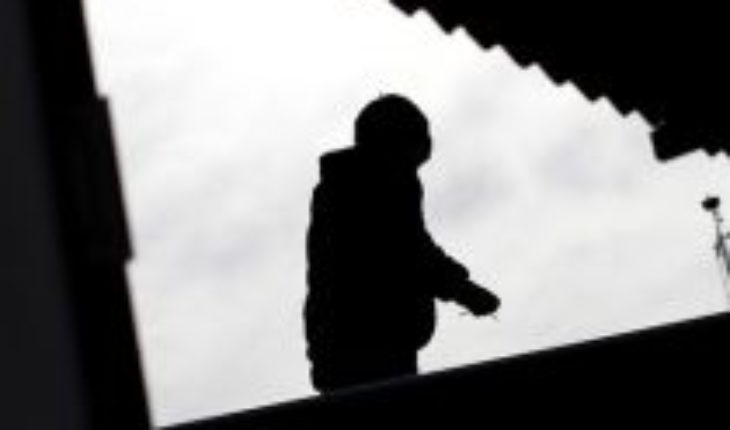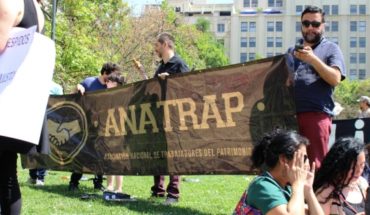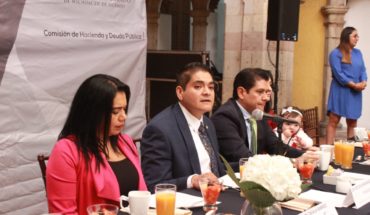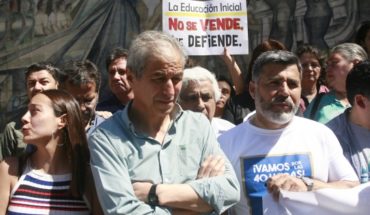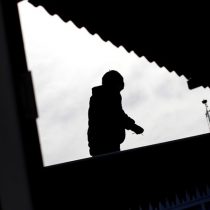
In Chile, according to Unicef data, more than 70% of children and adolescents are abused at home. Physical, psychological or sexual abuse. This crosswise and without quarantine. Those of us who work with children and violence know that today, in times of health crisis, they are exposed to higher-risk situations. For them, the pandemic of violence began earlier, and settled in their homes silently.
We know that there are many mothers, fathers and caregivers who are effective care figures, and who have responded positively to this crisis. But this crisis is not only suffered by those who contract the coronavirus, but all those who are violated by isolation, and especially children and women who must remain in the same enclosed space with a person who assaults them. A sample of this intensification is the 25% increase during the month of March in calls from children and adolescents seeking some form of support and accompaniment through the Trust Foundation Open Line. A figure that warns us about the intensification of violence against children.
Domestic violence, which some experts call “privacy terrorism,” because of the devastating consequences they may have on a person’s life, are already being intensified by (necessary) quarantine and distance measures. And it is urgent that as a society we know how to respond effectively, with strategies of prevention, detection, timely intervention and accompaniment to people who have been victims or are at risk of being victims.
While this type of violence takes place in all sectors of society, it is in the most vulnerable and excluded groups where the risk factors that lead to increased rights infringement, especially in children and adolescents, are most active. This crisis has more than ever exposed inequality and privilege, generating even more consequences of this pandemic in sectors with fewer resources: they live daily overcrowding, economic hardship or insecurity in access to health in the event of falling ill, being a stress pump for households that can often culminate in violence.
But the current situation and the unprotection of our children is not random: it responds to a way of living individualistic, both socially and politically and culturally, and that permeating the families of our country. Thus, violence is hidden among the few square meters of housing, and the (un-)amparo of a society and a State that has not wanted to understand that the care of children and adolescents is not only a family individualistic task, but something that brings us all together.
Violence against children will not be solved only with parental skills manuals, or with activities to perform at home, or with online classes to save the school year. Civil society, private society and the State today must generate joint actions that go in the only possible direction: to protect and enshrine the rights of children and adolescents. Today we must strengthen social ties despite distance; give human sense to the efforts of millions of families to take care of and care for others. It is crucial to make support, listening, reporting of violence initiatives available to the community, accompanied by greater monitoring, monitoring and condemnation of these allegations. It is also urgent to include an adaptation focused on the needs of children for all measures taken in relation to the emergency, being urgent that today, at the social table created by the government, the gaze of people or entities thinking about how to take measures that cover children is included. In addition, it is crucial that all decisions that are made, and that directly affect them, have their participation and concrete and real opinion. It can no longer be acceptable to work for them, but without them.
The strategies we set today as a society will determine the kind of path we will go down now and after this crisis, and how to do so. We can continue to hide, silence and normalize the intimate violence experienced by thousands of children and adolescents in their homes, where they would have the right to feel safe and confident. Or we can listen and intervene. Each has its responsibility for this necessary transformation and, in a special way, the State.
The content poured into this opinion column is the sole responsibility of its author, and does not necessarily reflect the editorial line or position of El Mostrador.

